T4K3.news
Deportation deals with Honduras and Uganda
Uganda and Honduras sign new deportation agreements with the United States, expanding the network of third-country arrangements.
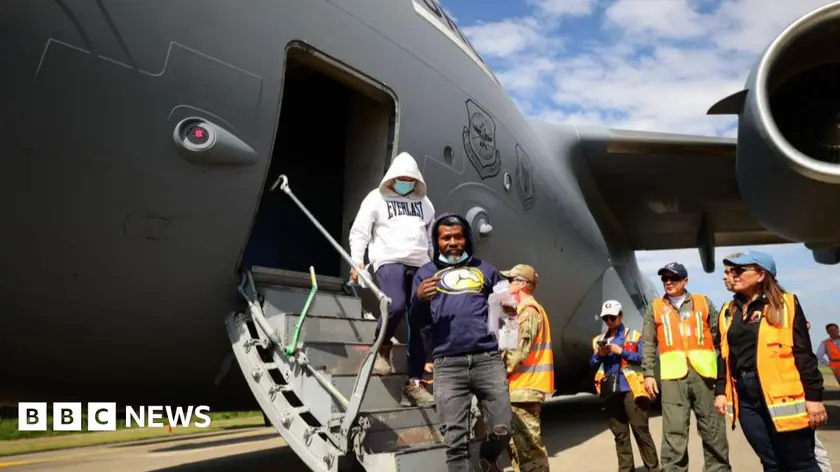
Uganda and Honduras agree to accept deported migrants from other countries as part of Washingtons international removal drive.
Trump strikes deportation deals with Honduras and Uganda
Uganda has agreed to accept deported migrants who do not have criminal histories, but CBS notes the total number expected remains unclear. Separately, Honduras plans to receive migrants over two years, including families traveling with children, though documents suggest it could accept more.
These deals are part of a broader push by the US to secure safe third country arrangements and to spread the burden of removals across continents. Paraguay has already signed a safe third country deal, and Rwanda has signaled it could take up to 250 migrants, with oversight to approve each case. Washington has also approached several African nations and other countries such as Panama and Costa Rica in recent months.
The policy faces criticism from UN rights experts and human rights groups who warn removals to a country that is not the migrant’s place of origin could violate international law and put people at risk. Supporters say these steps reduce pressure on crowded detention systems and help manage illegal immigration.
Key Takeaways
"a gross abuse"
Dissenting Supreme Court Justices labeled the ruling a gross abuse.
"the ability to approve each individual proposed for resettlement"
Rwanda spokesperson describes resettlement oversight.
"safe third country"
State Department described Paraguay agreement as a safe third country.
"the risk that those sent to the East African nation could be deported again to countries where they may face danger"
UN rights experts warn about potential deportations.
The moves reflect a strategic push to show action on deportations without resolving the core questions of rights and safety. By building a network of partner countries, the administration can point to results while shifting scrutiny to those governments. Yet the arrangement raises doubts about due process, the quality of protections, and what happens if a migrant faces danger after removal.
Ultimately the deals test a broader tension in migration policy: how to balance deterrence with humanitarian obligations. If the partnerships expand, they may set a new norm for burden sharing. If they falter, they could invite fresh criticisms about legality and the treatment of vulnerable people.
Highlights
- the burden travels farther than borders
- policy without protections is a fragile bargain
- rights kept alive by legal guardrails
- the world watches how we treat the vulnerable
Risk of rights violations and political backlash
The deals raise concerns about due process, risk of refoulement, and potential breaches of international law, along with possible political backlash in both the United States and partner countries.
The coming weeks will show whether policy and humanity can align.
Enjoyed this? Let your friends know!
Related News
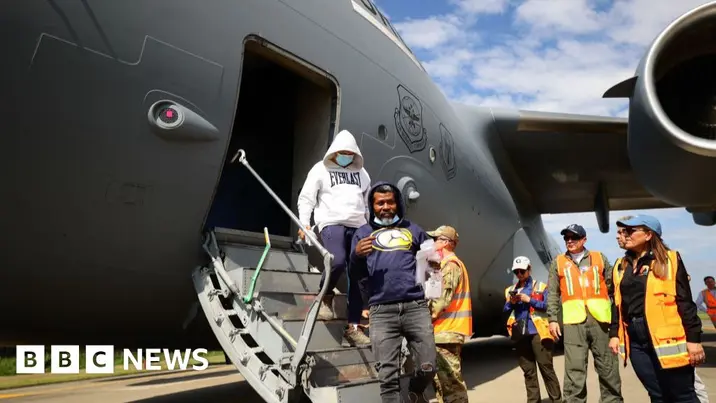
Deportation deals
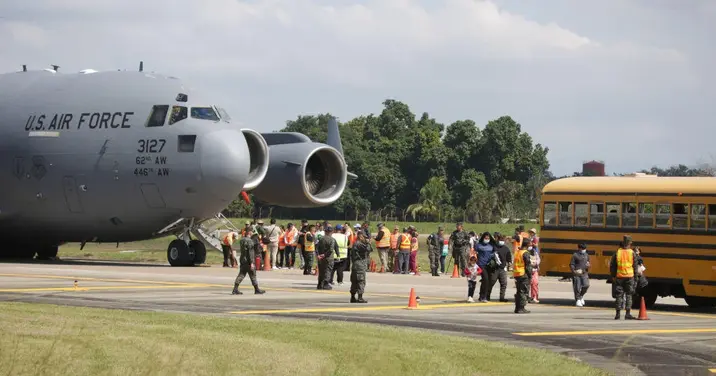
US expands third-country deportations
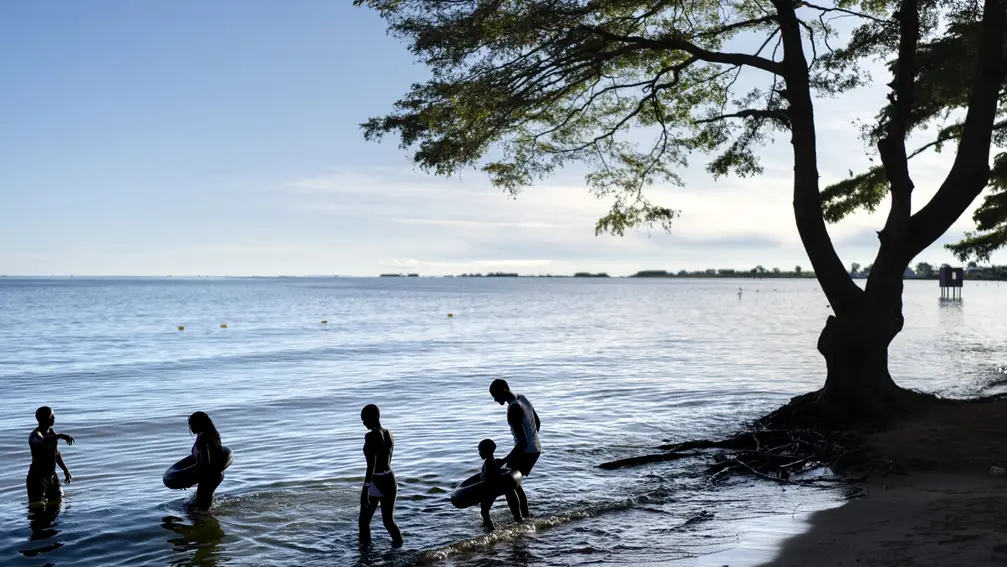
Uganda to accept deported migrants under new deal
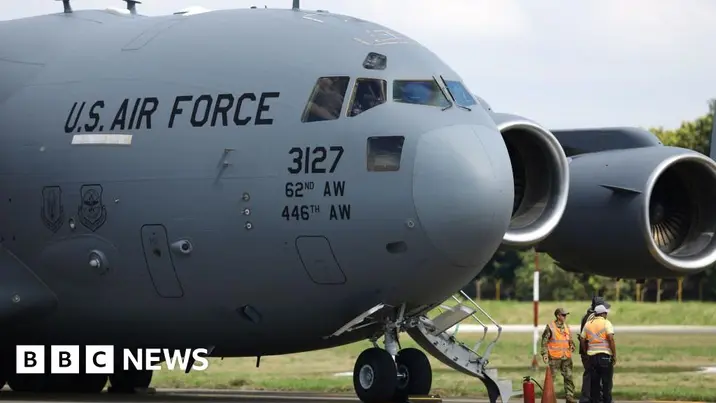
US begins controversial deportations to African nations
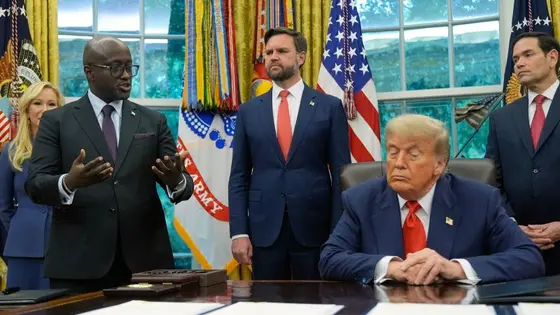
Rwanda to take in 250 US deported migrants
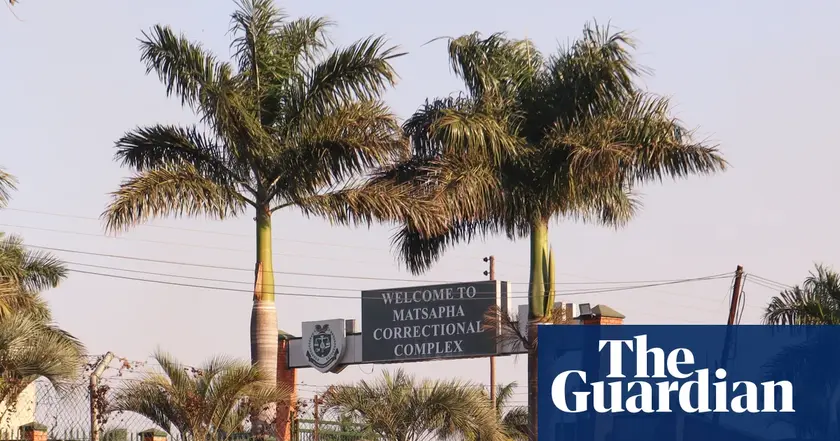
Civil society condemns US deportation deal
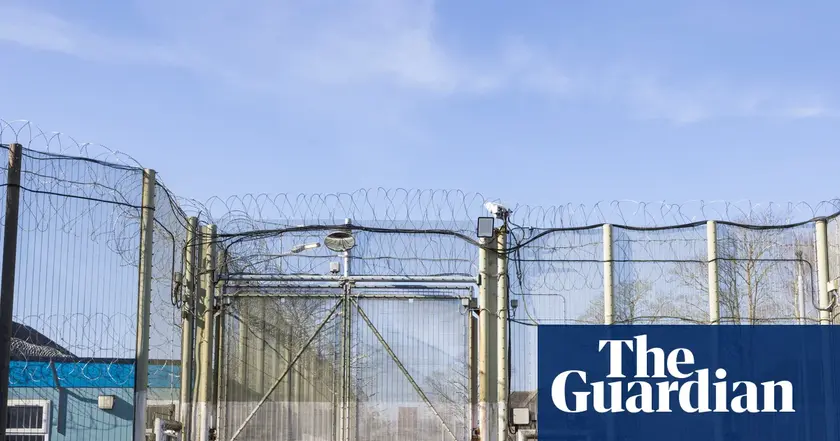
Deport first policy expands to 23 countries
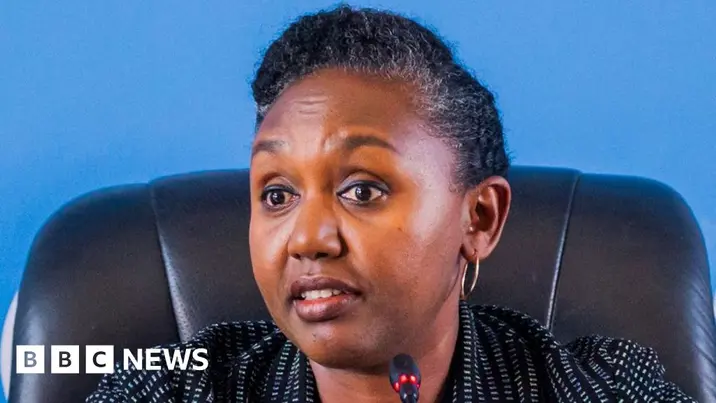
Rwanda to accept US deported migrants
